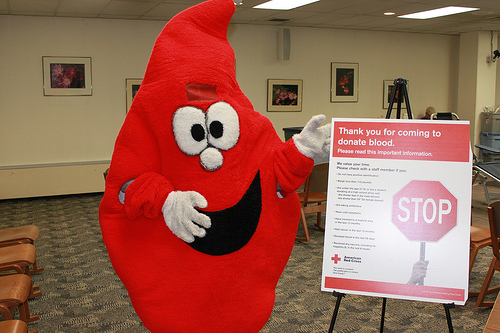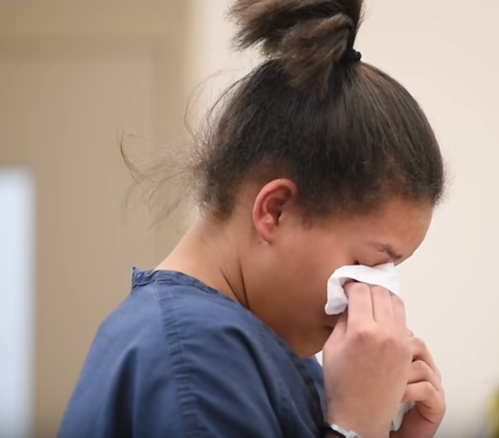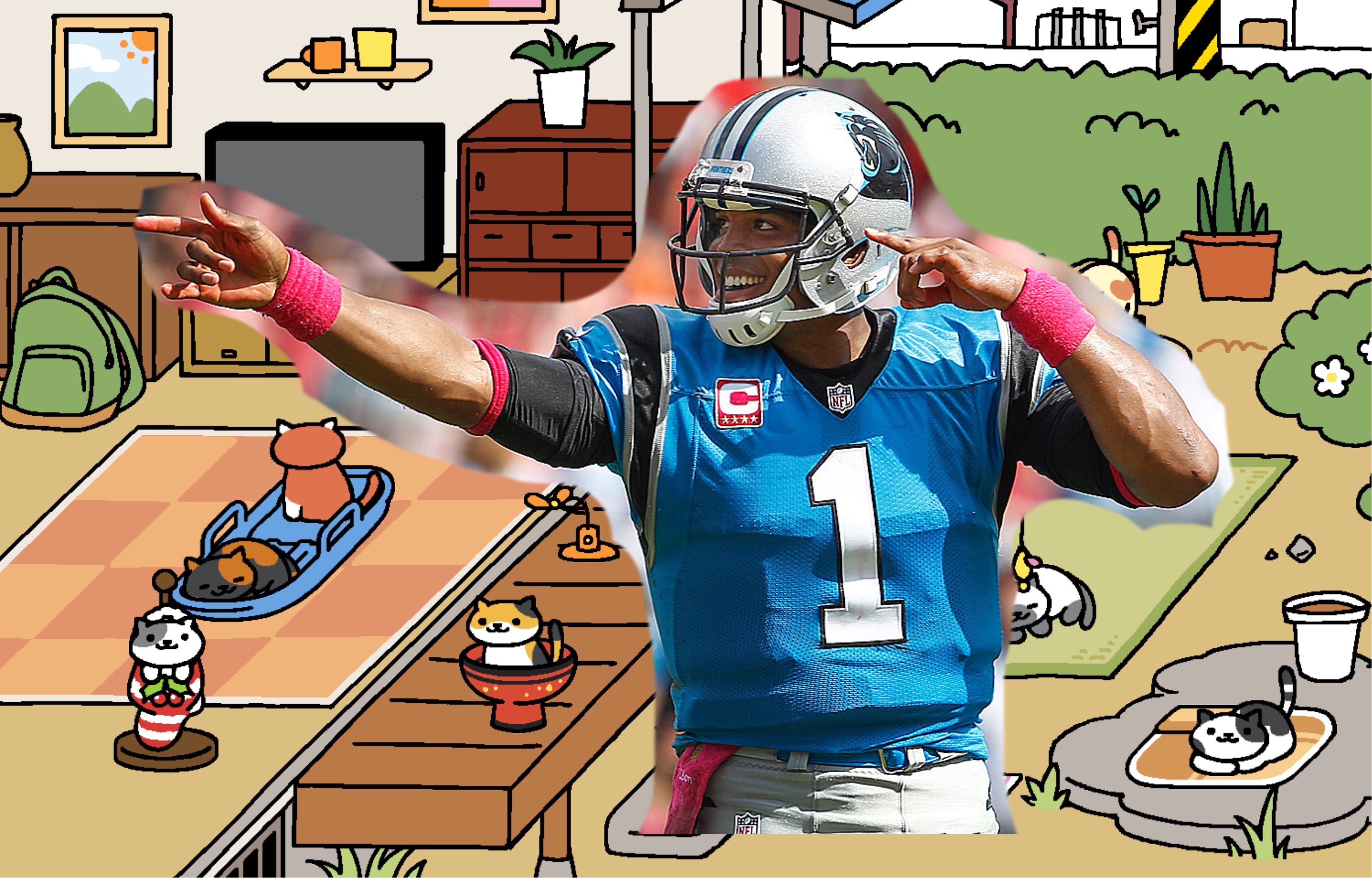One heartening development that came in the wake of Orlando’s tragedy was the massive show of support responding to the call for blood donations for the wounded. During the day on Sunday, people waited for hours in long lines for the chance to help by giving blood. The website of Florida’s blood donation network, OneBlood,… Continue reading Won’t Someone Take My Blood?
Category: News
We’re Sorry Amnesty International Ruined Your Ideology
According to its wiki, cognitive dissonance is the “discomfort experienced by an individual who holds two or more contradictory beliefs, ideas, or values at the same time, performs an action that is contradictory to one or more beliefs, ideas, or values, or is confronted by new information that conflicts with existing beliefs, ideas, or values.”… Continue reading We’re Sorry Amnesty International Ruined Your Ideology
The Right To Survive: The Case of Alisha Walker
by Red Schulte and Cathryn Berarovich of the Support Ho(s)e Collective Alisha Walker was just 20 years old when she had to defend herself against a client who was drunk and violent. She was 22 when she was convicted of second degree murder and 15 years in prison for defending both her own life and the… Continue reading The Right To Survive: The Case of Alisha Walker
Who’s The Victim: The Tragedy of Latesha Clay
Content warning: This piece contains general discussion of child sexual abuse. Reading about the plight of Latesha Clay, the child in Grand Rapids, MI sentenced to nine years in prison after being used as live bait in a robbery scheme, the thing that struck me was the use of the word “victim.” Of course, referring… Continue reading Who’s The Victim: The Tragedy of Latesha Clay
Some Sportsball Feelings Before Super Bowl 50
While there has been no shortage of sex trafficking panic in the media leading up to Super Bowl 50, there has also been a refreshing plethora of reasoned reporting regarding the oft inflated and falsified statistics that anti-trafficking organizations tout around major sporting events. Friends, I am no statistician, and I will not waste this… Continue reading Some Sportsball Feelings Before Super Bowl 50




